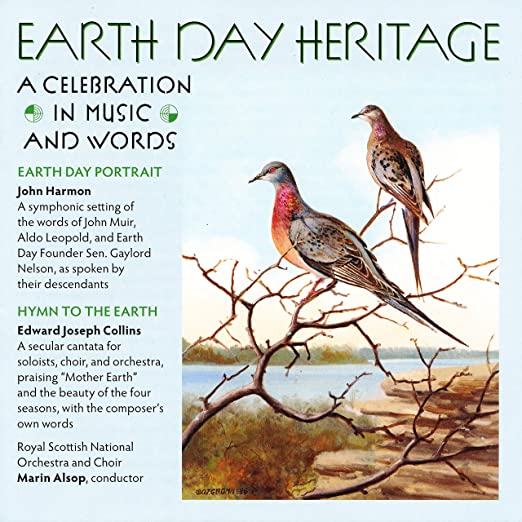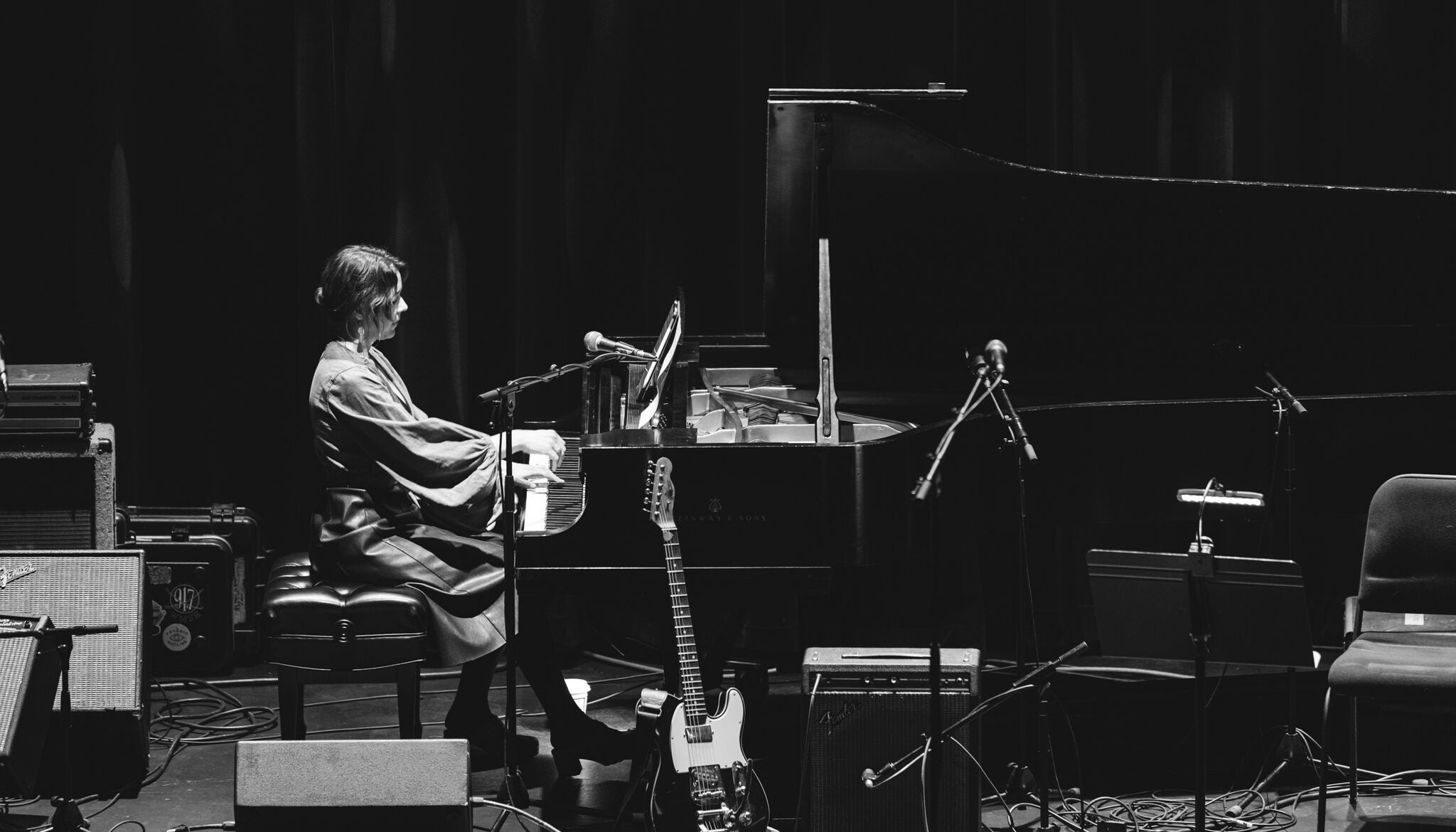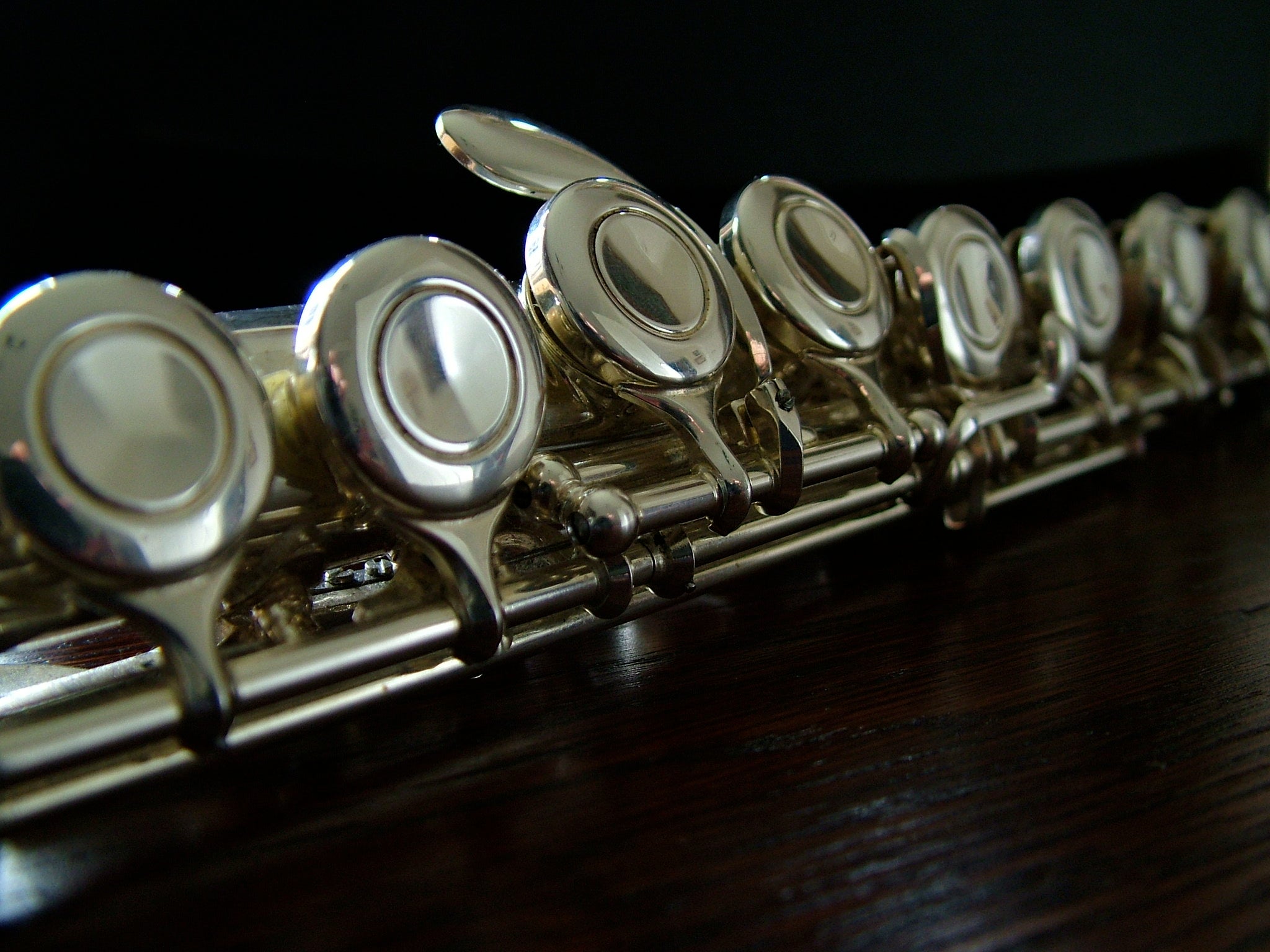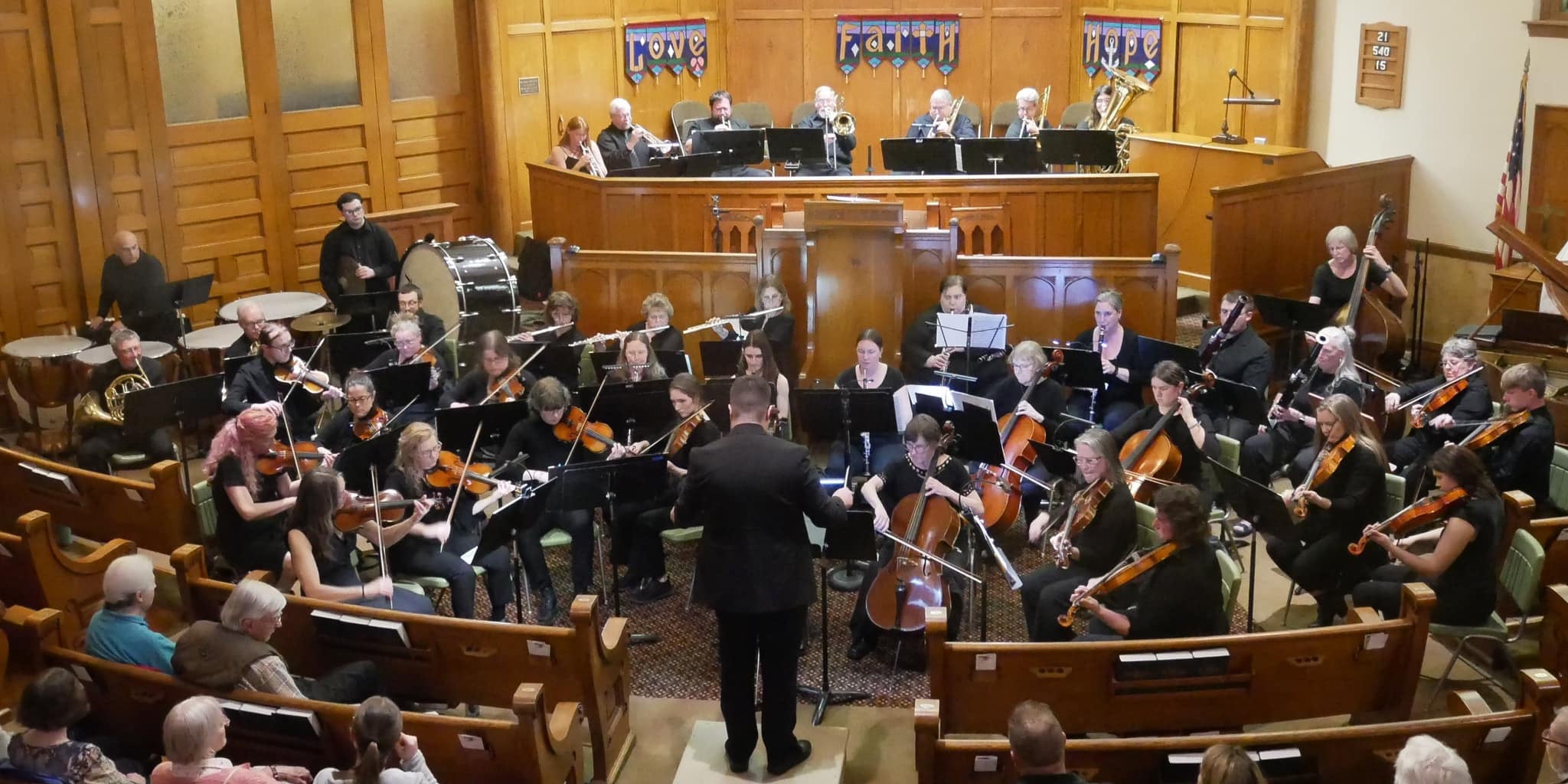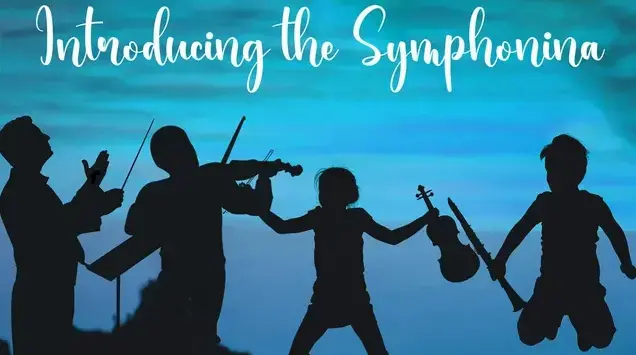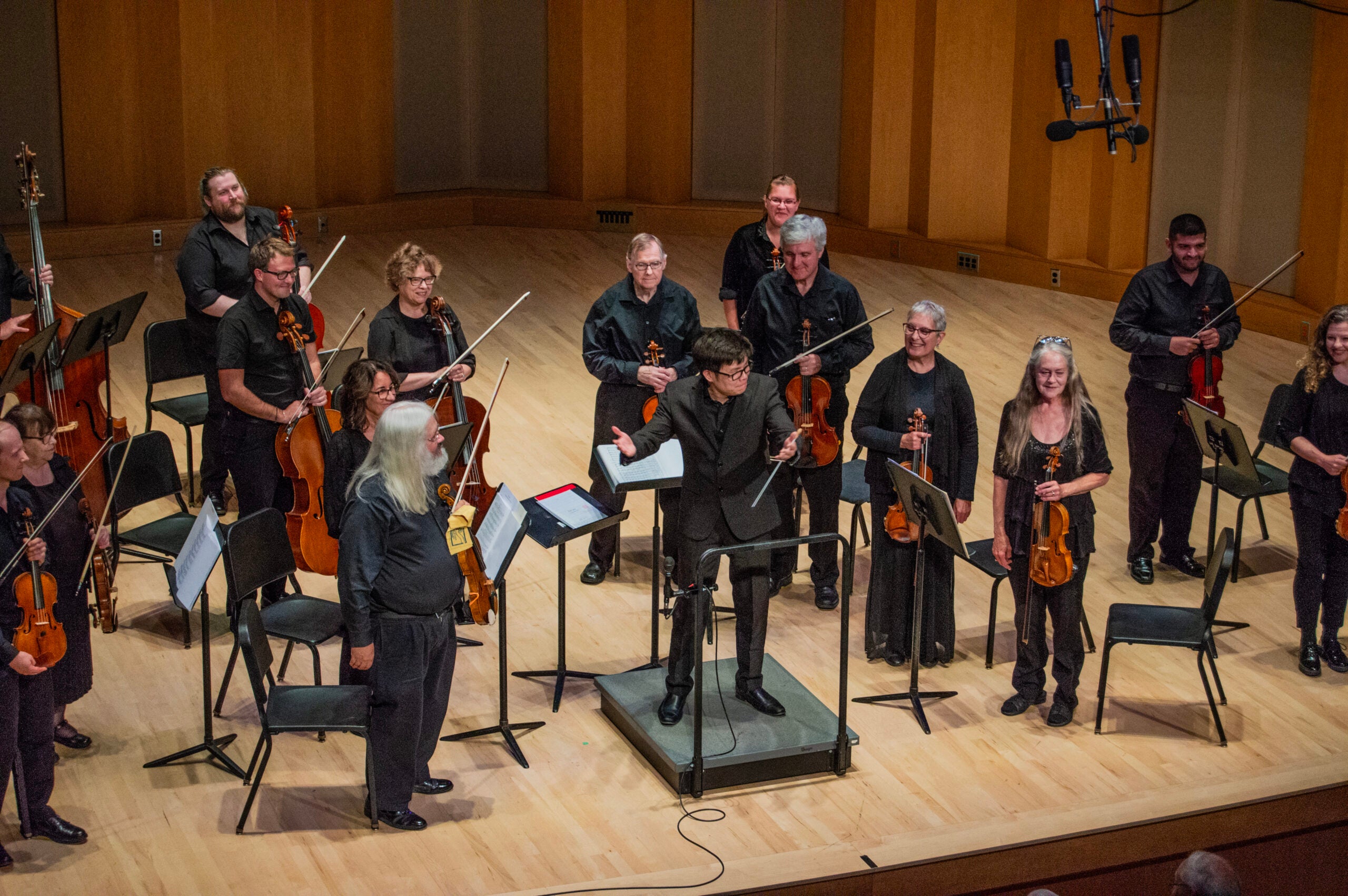“Earth Day Heritage: A Celebration in Music and Words” is a new recording featuring Marin Alsop conducting the Royal Scottish National Orchestra.
The recording includes two compositions highlighting some Wisconsin elements of our Earth Day heritage—John Harmon’s “Earth Day Portrait” and Edward Joseph Collins’ “Hymn to the Earth”.
WPR’s Norman Gilliland recently spoke with Alsop over email about her experiences as one of America’s leading conductors.
Stay informed on the latest news
Sign up for WPR’s email newsletter.
This conversation has been edited for clarity and length.
Norman Gilliland: How do you get the energy up for a recording when you don’t have an audience?
Marin Alsop: Recording is a very intense experience. The musicians and I are completely focused on performing at the top of our ability on behalf of the composer so having no audience lets us zone in on that goal.
NG: How do you establish the respect you need from an orchestra? What part of a performance is yours and what’s theirs?
MA: A great performance is always a collaboration. Respect is earned. On both side.
NG: Have you ever had to settle for less than what you wanted in a recorded performance?
MA: No
NG: Most conductors seem to travel a lot from one orchestra to another. Is that something you find invigorating or is it more of a drain?
MA: I am a builder and love to work intensively with my orchestras. The travel is both fun and fatiguing. The most challenging part is missing family and friends.
NG: What did you learn from working with Leonard Bernstein?
MA: The role of conductor is to be the messenger of the composer. Period. The end.
NG: Ticket or recording sales aside, what would be your dream concert program or recording?
MA: I’d love to do Ligeti’s “Grand Macabre” and Chris Rouse’s “Requiem.”
NG: As an orchestra member, did you ever think the conductor was misinterpreting a piece? Was that part of your reason for wanting to become a conductor?
MA: Sometimes, but that was not my reasoning for becoming a conductor. I was drawn to the incredible power of people connecting in beauty.
NG: Why do you think female conductors are still relatively rare?
MA: I think and hope this is changing. I started a fellowship for women conductors in 2002 to give women opportunities. There are many talented women!
NG: How big a part does the composer play in your interpretation of a piece? Do you ever have to agree to disagree?
MA: The composer is my inspiration and my guide.
NG: What conductor do you most wish you had met but didn’t?
MA: (Istvan) Kertesz.
NG: How have you coped with the COVID-19 pandemic?
MA: Like everyone, it has been a challenging time. I have been very fortunate in starting my new post with the Vienna Radio Symphony. We have been able to perform and record throughout these months. And I’ve loved spending time with my family!
NG: How did you get involved with the “Earth Day Heritage” CD?
MA: Jon Becker, the producer, got me involved. He’s been a great advocate.
Wisconsin Public Radio, © Copyright 2025, Board of Regents of the University of Wisconsin System and Wisconsin Educational Communications Board.
